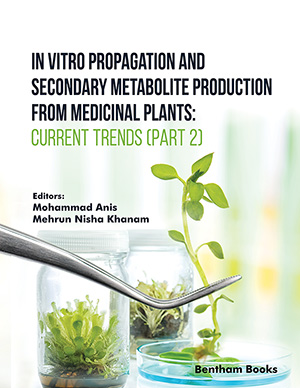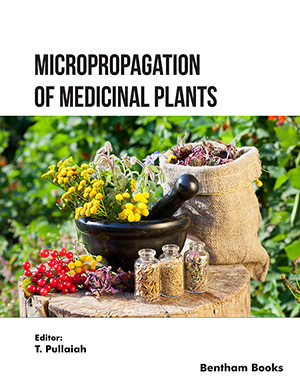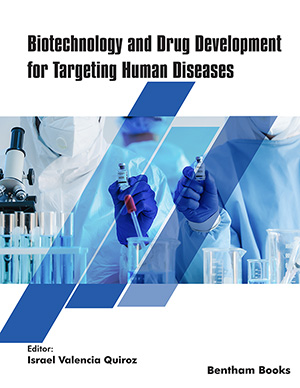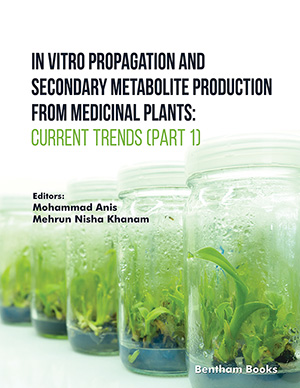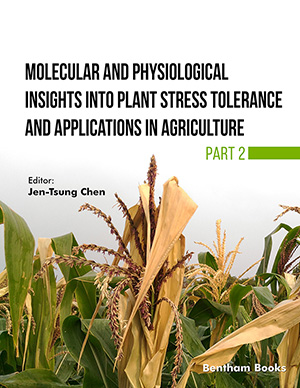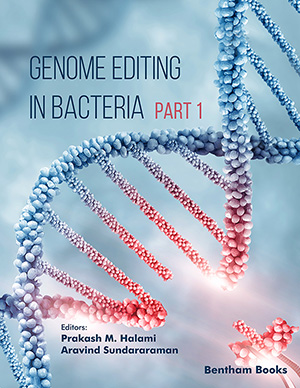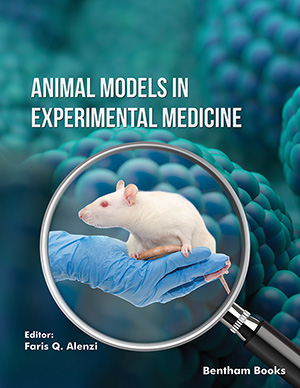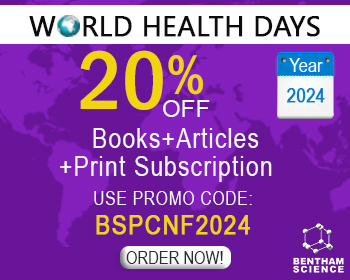Abstract
Objective: Hydrocortisone, at a low dose (100 mg), induces an anti-inflammatory response including inducing IkBα and suppressing intranuclear NFκB and AP-1 binding and the expression of pro-inflammatory mediators like MMPs. We have now investigated the effect of a high dose of hydrocortisone (300mg=60 mg prednisolone) on NFκB binding and the expression of TLRs, the mediators of TLR signal transduction, MyD88 and TRIF and HMG-B1.
Design and Subjects: A 300mg of hydrocortisone or saline was injected intravenously in ten normal subjects during 2 separate visits, in a randomized crossover study. Blood samples were obtained at 0, 1, 4, 6 and 24h after the injection and mononuclear cells (MNC) were prepared.
Results: There was a significant increase in glucose (from 92±4 to 116±6 mg/dl), insulin (from 4.5±0.7 to 5.3±0.8 mU/ml) and FFA concentrations (from 0.38±0.1 to 0.80±0.15mM) following the administration of hydrocortisone compared to placebo treatment. While NFκB binding and the mRNA expression of MyD88, TRIF, chemokines and chemokine receptors were suppressed significantly in MNC, there was a paradoxical increase in the mRNA expression of TLR 2, 5 and 9 and HMG-B1 was increased by 103±24%, 107±19%, 56±13% and 58±12% above the baseline, respectively in the MNC. Plasma concentrations of HMG-B1 and MMP-9 increased by 37±12% and 125±22%, respectively, while TNF-α concentrations fell by 27±9%.
Conclusion: While this high dose of hydrocortisone exerts a powerful anti-inflammatory effect, it also exerts certain proinflammatory effects mainly on TLRs expression. The known pro-inflammatory effects of glucose and FFAs may have contributed to these effects. These paradoxical pro-inflammatory effects may account for the inability of these drugs to show benefit in clinical trials of septicemia and other severe pro-inflammatory states and might contribute to some of the side effects of corticosteroids use.
Keywords: Glucocorticoids, inflammation, toll like receptors.













